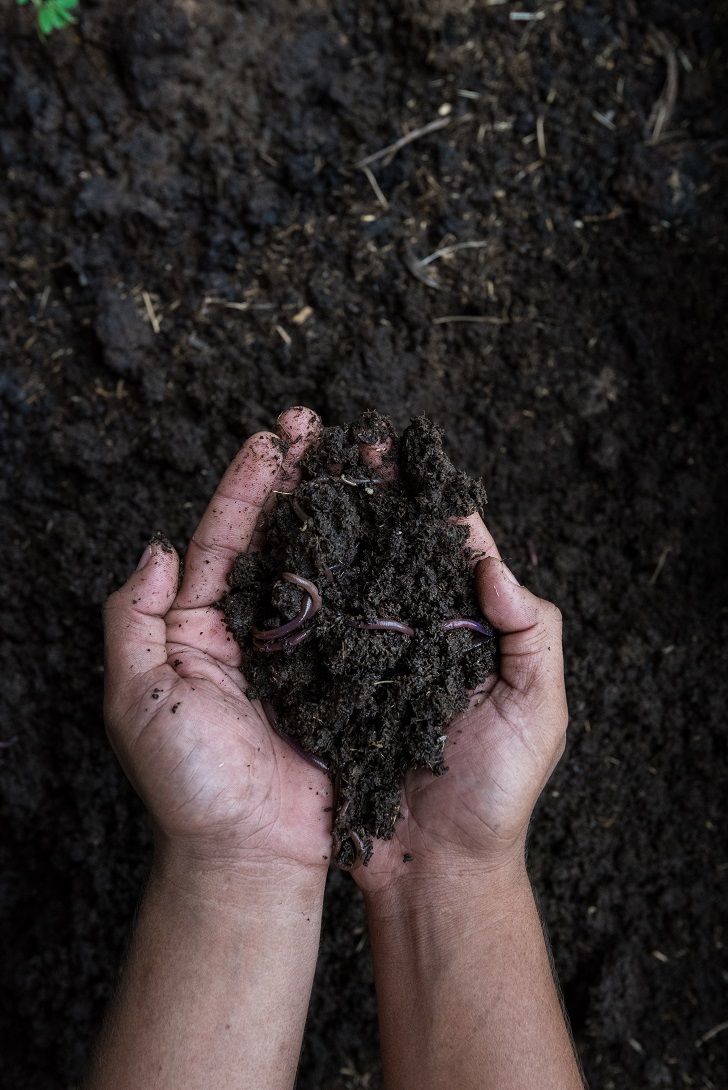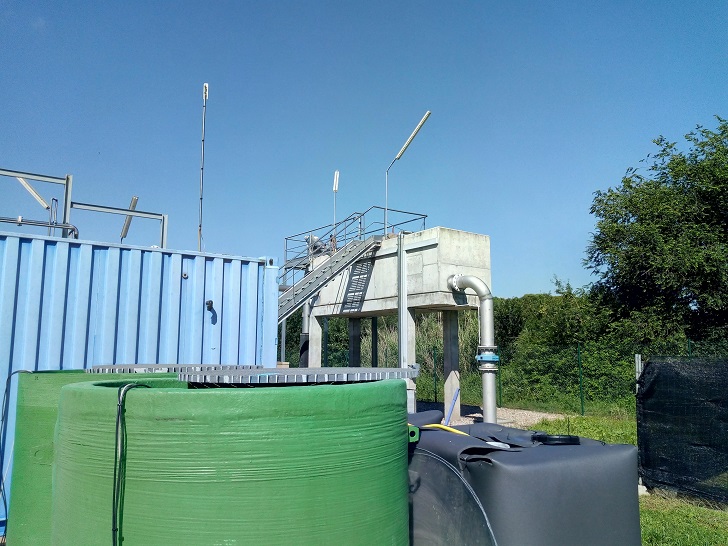

An update on the INNOQUA project, launched to protect and improve natural water resources by using a modular suite of sustainable wastewater treatment technologies.
In June 2016, Aqua Enviro, a technical consultancy within the Suez group of companies, joined forces with 19 other project partners to form the Innoqua consortium.
EU-funded Innoqua is an EU-funded project to find ways to protect and improve natural water resources by using a modular suite of sustainable wastewater treatment technologies in rural environments.
These technologies are designed to resemble the natural purification process made by earthworms, zooplankton, and microalgae and sunlight exposure. It was hoped that this naturally inspired process will not only provide an accessible and affordable solution to many, but also manages to limit the environmental impact, as the CO2 life-cycle emissions produced by the process were extremely low.
Daphniafilters At Girona in Spain, a pilot site at the Quart wastewater treatment plant has been set up. Here, the initial phase of Innoqua’s pilot scheme tested the potential for Daphnia to ‘polish’ treated wastewater in bespoke reactor vessels using two Daphniafilters with different reactor designs to determine which is the best design for implementation. Happily, the Daphniafilters worked at optimal efficiency creating the ideal environmental conditions to provide maximum cleansing efficiency.
Lumbrifilter technology Parallel work has been underway in a pilot facility at the National University of Ireland’s (NUI) Galway/EPA wastewater research site, where operational parameters have been investigated for the prototype Lumbrifilter technology. Different operational conditions have been applied to the Lumbrifilter to observe its performance with untreated, settled wastewater and further work is planned to explore its potential to treat whole wastewater.
The project is entering a phase of pilot demonstrations in both developed and developing countries, including France, Scotland, Romania, Peru, India and Tanzania. One of the initial pilots will be based at the NUI Galway/EPA wastewater research site located at the nearby town of Tuam. NUI Galway is one of 20 partners in the Innoqua project consortium. This site will be hosting a prototype Lumbrifilter technology as a secondary treatment system for municipal wastewater.
Variety of conditions Different operational conditions will be applied to the Lumbrifilter to observe its performance under a variety of conditions, and the impact of various primary treatment options will be tested to investigate the degree to which the primary treatment processes can be simplified and the overall sludge production in the system reduced.
The focus currently is very much tailored towards data gathering and working together to decide the best ways to utilise that information.




